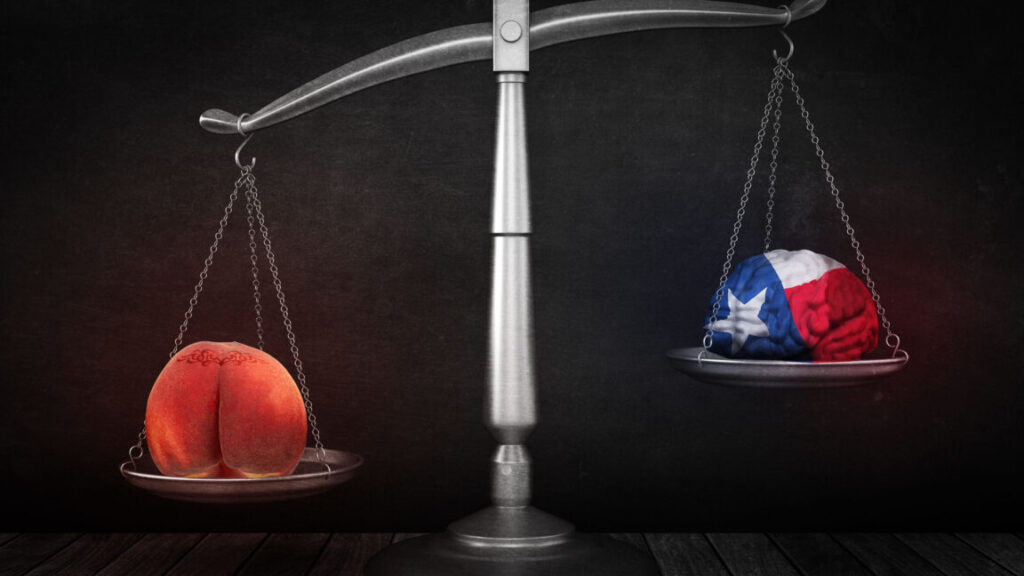Texas defends requiring ID for porn to SCOTUS: “We’ve done this forever”
“You can use VPNs, the click of a button, to make it seem like you’re not in Texas,” Shaffer argued. “You can go through the search engines, you can go through social media, you can access the same content in the ways that kids are likeliest to do.”
Texas attorney Aaron Nielson argued that the problem of kids accessing porn online has only gotten “worse” in the decades since Texas has been attempting less restrictive and allegedly less effective means like content filtering. Now, age verification is Texas’ preferred solution, and strict scrutiny shouldn’t apply to a law that just asks someone to show ID to see adult content, Nielson argued.
“In our history we have always said kids can’t come and look at this stuff,” Nielson argued. “So it seems not correct to me as a historical matter to say, well actually it’s always been presumptively unconstitutional. … But we’ve done it forever. Strict scrutiny somehow has always been satisfied.”
Like groups suing, Texas also asked the Supreme Court to be very clear when writing guidance for the 5th Circuit should the court vacate and remand the case. But Texas wants justices to reiterate that just because the case was remanded, that doesn’t mean the 5th Circuit can’t reinstitute the stay on the preliminary injunction that was ordered following the 5th Circuit’s prior review.
On rebuttal, Shaffer told SCOTUS that out of “about 20 other laws that by some views may look a lot like Texas'” law, “this is the worst of them.” He described Texas Attorney General Ken Paxton as a “hostile regulator who’s saying to adults, you should not be here.”
“I strongly urge this court to stick with strict scrutiny as the applicable standard of review when we’re talking about content-based burdens on speakers,” Shaffer said.
In a press release, Vera Eidelman, a senior staff attorney with the ACLU Speech, Privacy, and Technology Project, said that “efforts to childproof the Internet not only hurt everyone’s ability to access information, but often give the government far too much leeway to go after speech it doesn’t like—all while failing to actually protect children.”
Texas defends requiring ID for porn to SCOTUS: “We’ve done this forever” Read More »


